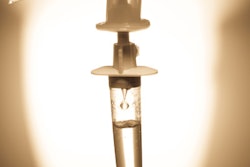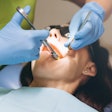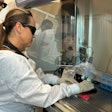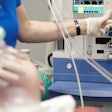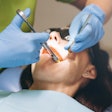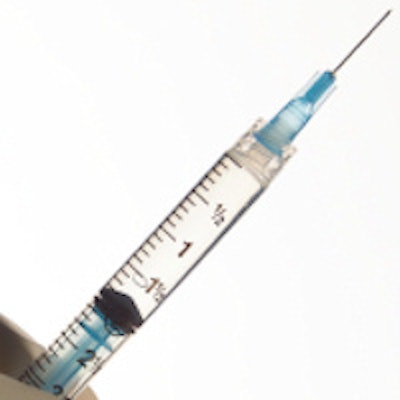
When treating special needs patients who need to be sedated, do you understand the drug interactions that may impair the effectiveness of sedation? Do you know how the medications a patient is taking might interact with propofol and how this changes your treatment strategy?
Treating patients with autism, cerebral palsy, and intellectual disability can be a challenge, even more so when these patients also have epilepsy. Now, a new study confirms that some of these patients who take antiepileptic medications may require a lower dosage of propofol while also taking significantly longer to emerge from sedation.
Often, practitioners use intravenous general anesthesia when treating patients with these disorders, but earlier studies have shown that patients with intellectual disabilities may need a higher dose of sedation. Likewise, other studies have shown that patients with autism may have a lowered sensitivity to propofol compared with patients with intellectual disabilities.
Practitioners from Japan wanted to investigate the effect different neurological disorders had on the required dose of propofol for anesthesia and the time to emerge from anesthesia during dental treatment in patients with autism, cerebral palsy, and intellectual disability, some of whom also had epilepsy. Their results were reported in BMC Anethesiology (March 15, 2015).
The researchers evaluated 224 patients with neurological disorders who underwent dental treatment under intravenous general anesthesia. They categorized patients according to neurological disorder and whether they were taking medication for epilepsy. They also evaluated the propofol dose required for anesthesia and time to emerge, as well as modeled propofol blood concentration at emergence.
The study included 62 patients with autism, 28 with cerebral palsy, and 134 with a intellectual disabilities. Of these patients, 77 also had epilepsy and received antiepileptic medications, including carbamazepine, phenytoin, phenobarbital, zonisamide, topiramate, and valproate.
Patients with epilepsy need to be treated carefully, as antiepileptic medications "have the potential to inhibit drug metabolism, resulting in a number of interactions involving elevation of plasma concentrations of concomitantly administered drugs," the study authors wrote. The antiepileptic medications used in the study have an inhibitory effect on propofol metabolism, meaning these antiepileptic drugs decrease the propofol clearance, they noted.
Medication differences
The researchers found that, in patients not given antiepileptic medication, no significant differences were found in propofol dose, modeled propofol blood concentration at emergence, or time to emerge among all three patient categories (p > 0.05).
In patients not given antiepileptic medication, the authors found no differences in the required dose of propofol among patients with autism, cerebral palsy, and intellectual disability.
They did find, however, that when using an antiepileptic medication, the dose of propofol (5.7 ± 1.51 mg/kg/h) was significantly lower than without the medication (6.8 ± 1.27 mg/kg/h; p < 0.0001). The modeled propofol blood concentration at emergence in patients given an antiepileptic medication also was significantly lower than for those who were not given one (p < 0.0001).
Interestingly, the patients who were given an antiepileptic medication also took significantly longer to emerge from the anesthesia compared with those who were not given the medication. The average time to emergence was almost 30 minutes for the patients given an antiepileptic medication (29.5 ± 12.5 min) compared with 22 minutes for the nonmedicated group (21.6 min ± 10.0 min; p < 0.0001).
The study results indicate that practitioners must evaluate each patient's sensitivity to anesthesia and consider the use of antiepileptic medication, because the required dose of propofol in patients with intellectual disabilities who were given antiepileptic medication was significantly lower than in those not given an antiepileptic, according to the authors.
"The propofol dose required for anesthesia and the time to emerge from anesthesia are not affected by the type of disability but are mainly affected by the use of an antiepileptic," they concluded.




